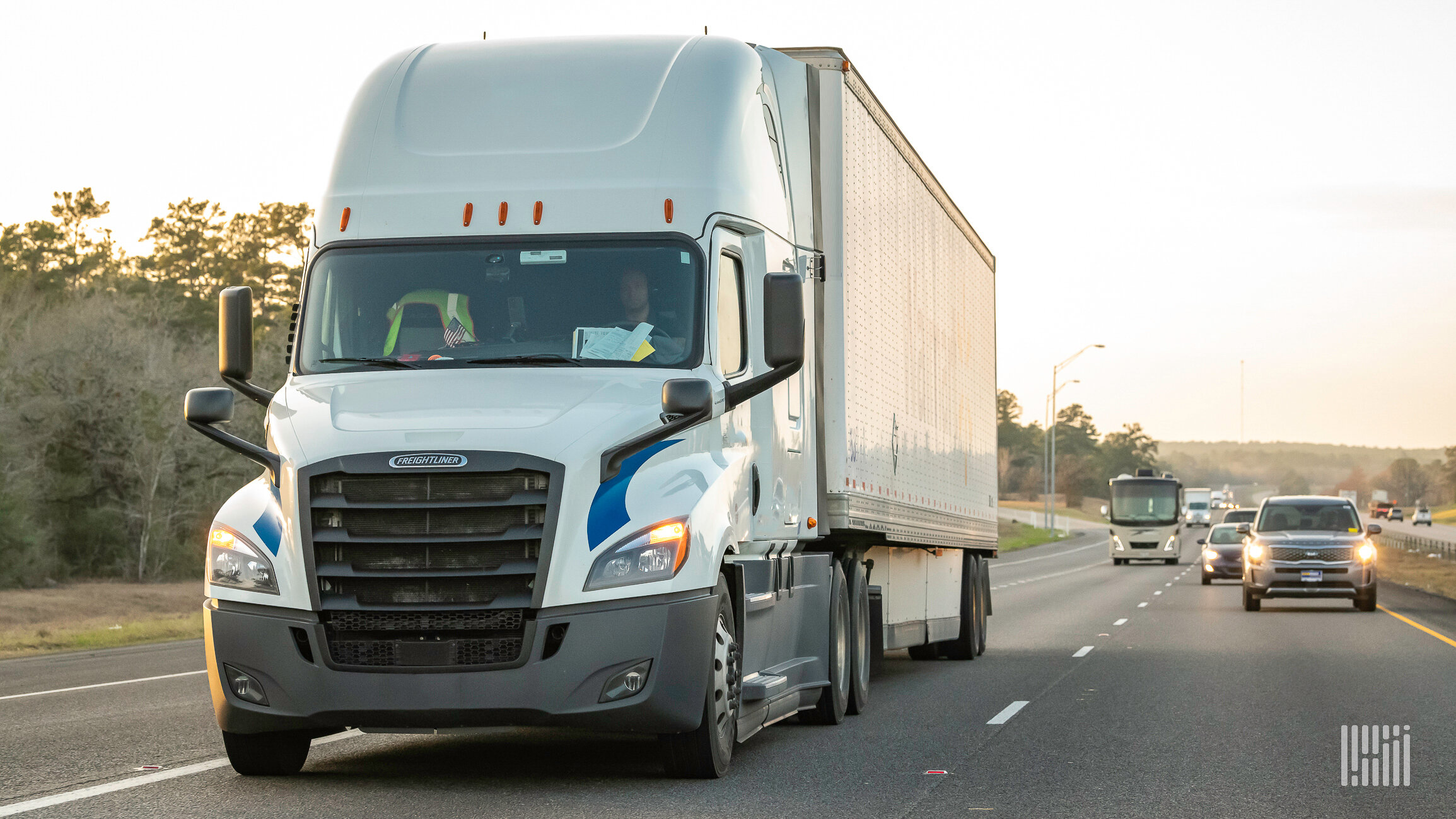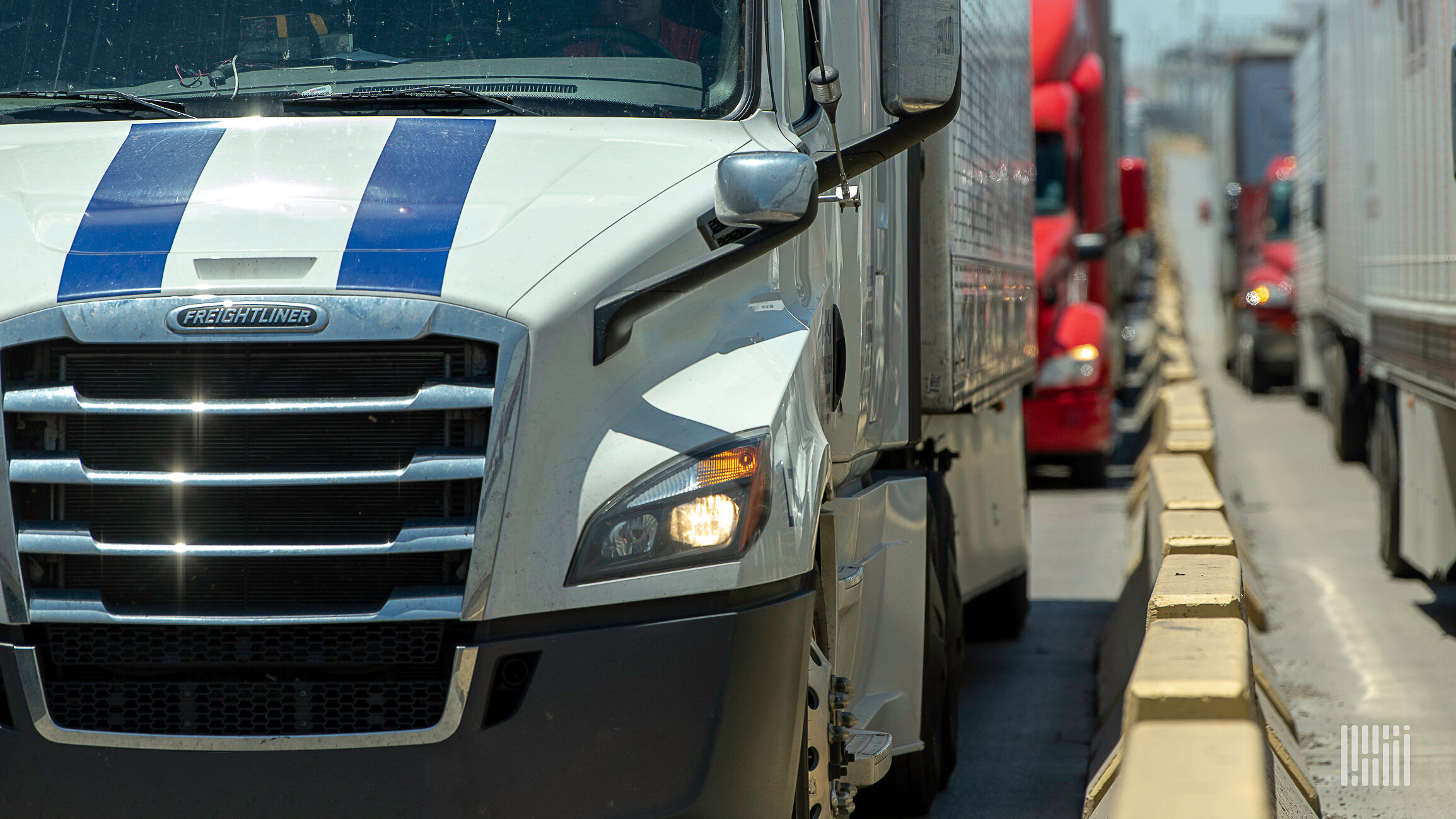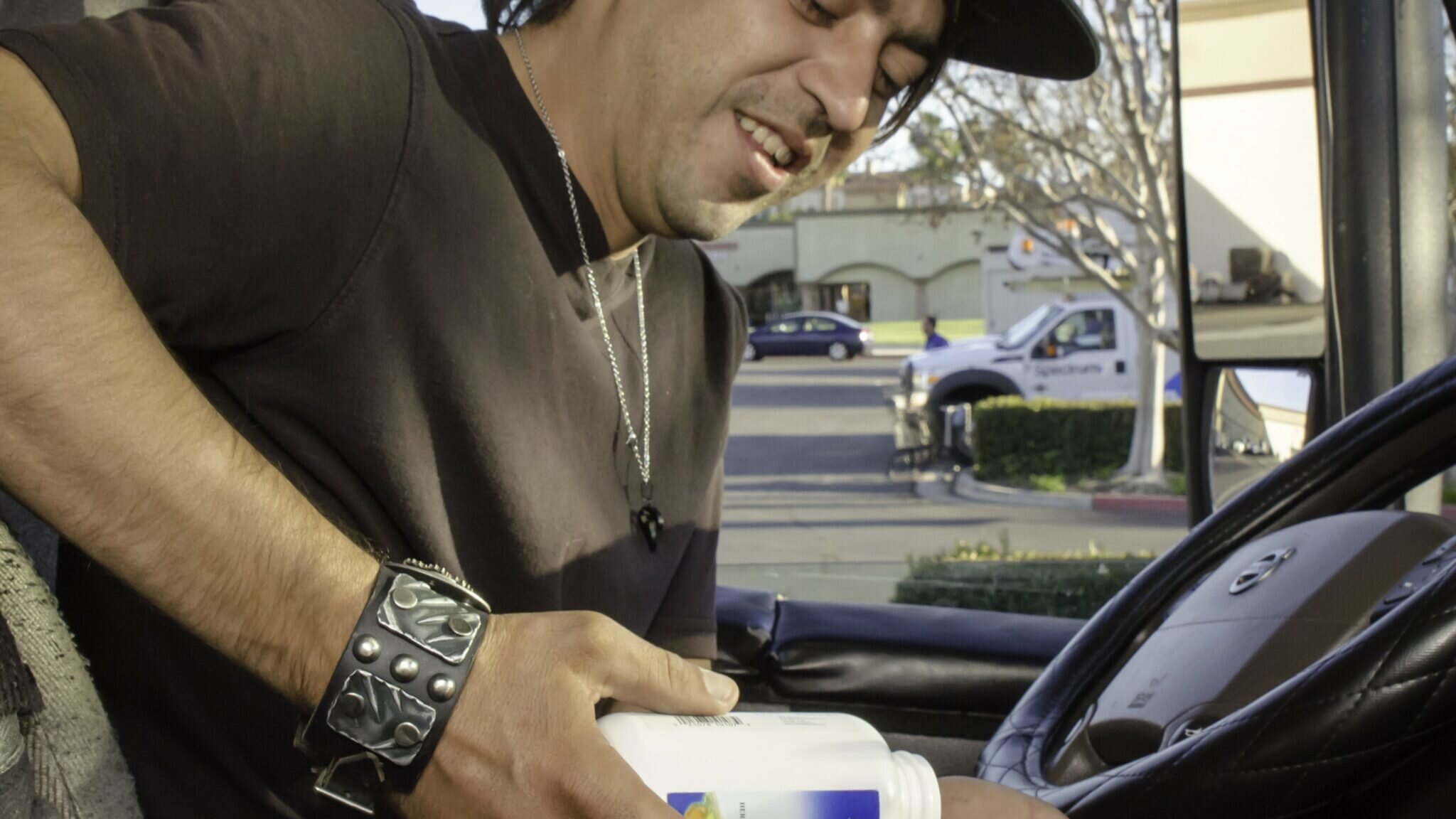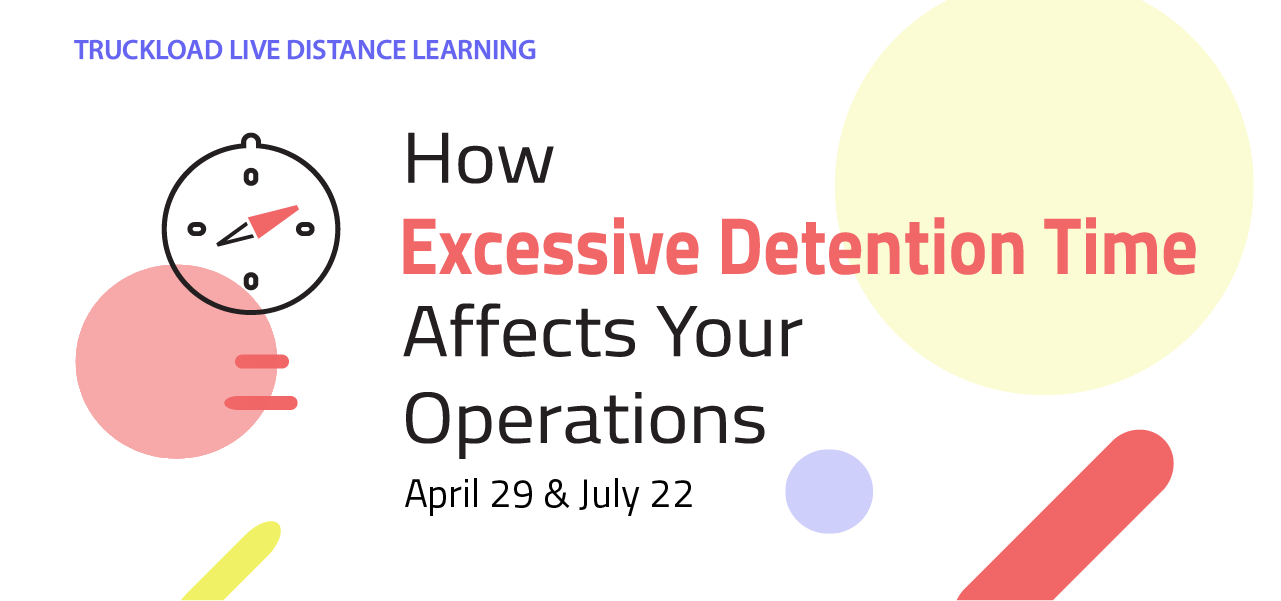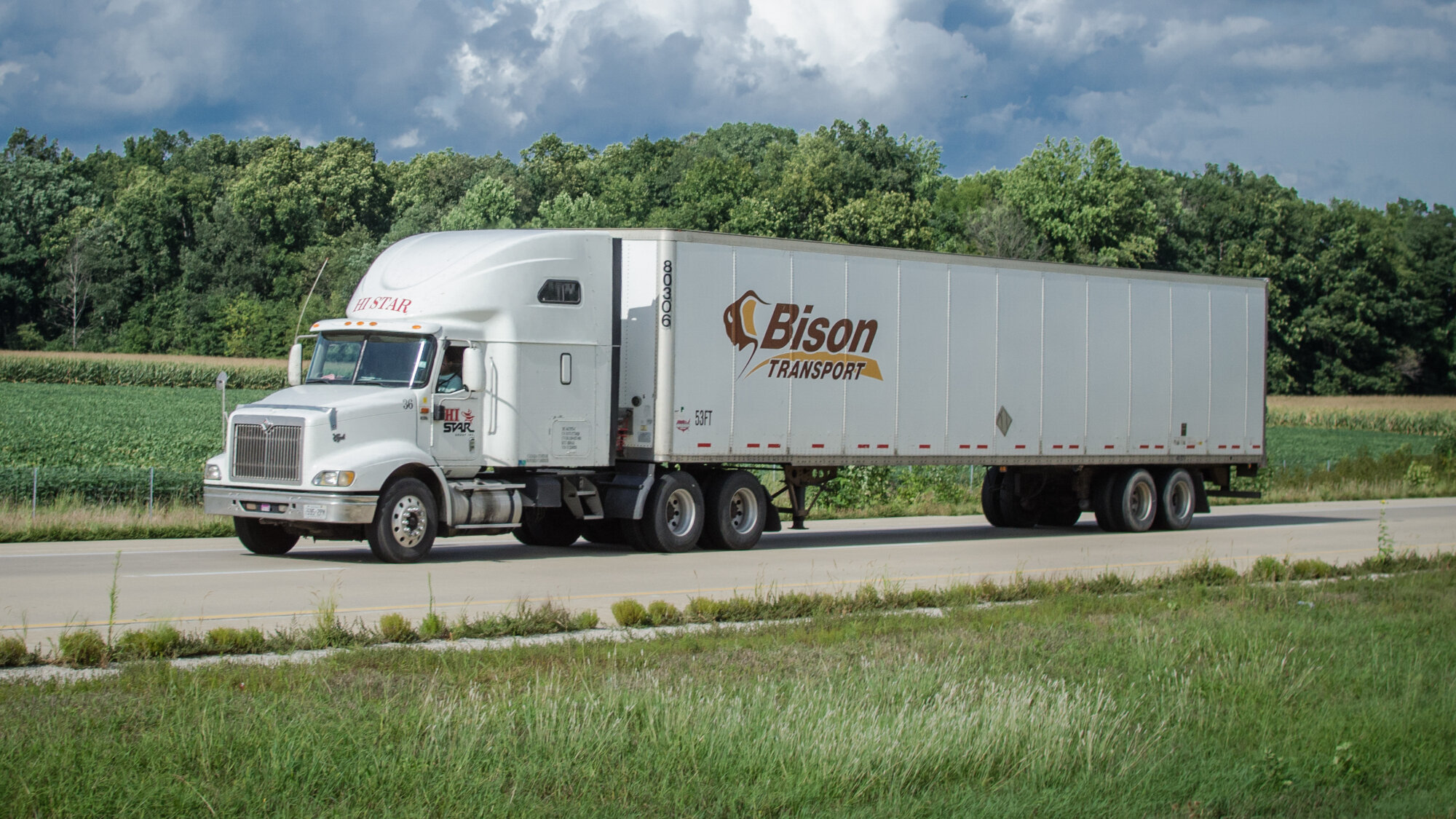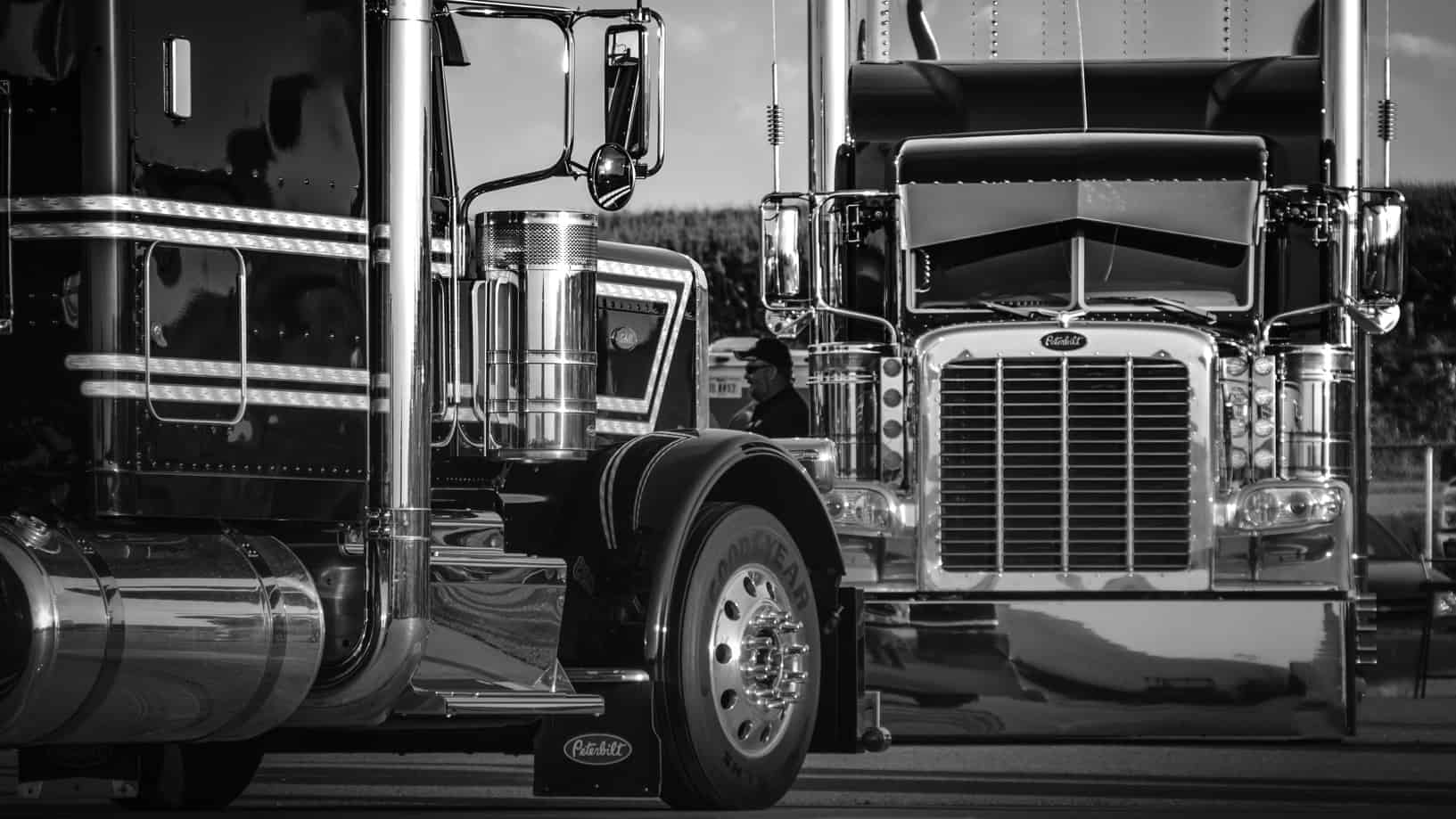
Guest post by FreightWaves’ John Gallagher
Legislation that would increase the minimum insurance liability coverage required for interstate trucking from $750,000 to almost $5 million would put more small owner-operators out of business, independent operators claim.
In a July 29 letter warning against the proposal, which was introduced in the U.S. Congress on July 16, the Owner-Operator Independent Drivers Association (OOIDA) told lawmakers that while the bill’s supporters contend it would increase safety by weeding out unsafe drivers and equipment, there is no correlation between insurance coverage and highway safety.
“In fact, increasing insurance minimums would likely force many owner-operators – who are collectively among the safest, most experienced drivers on the road – out of the industry because premiums would become unaffordable,” wrote OOIDA President Todd Spencer. “As a result, H.R. 3781 would actually decrease highway safety, not improve it.”
OOIDA also asserts that the bill’s supporters falsely assume that the insurance industry only provides coverage at the federally mandated levels. However, “most motor carriers are insured at least $250,000 above the minimum threshold because that’s what the market dictates.”
There is evidence that insurance costs may already be too big a burden for smaller trucking companies. Indiana-based A.L.A. trucking announced in June that it was shutting down and laying off its 41 drivers as a result of insurance costs doubling.
The legislation, which was named the “Improving National Safety by Updating the Required Amount of Insurance Needed by Commercial Motor Vehicles per Event (INSURANCE) Act of 2019,” was introduced by representatives Chuy Garcia (D-Illinois), Hank Johnson (D-Georgia) and Matt Cartwright (D-Pennsylvania) at a press conference in support of truck crash victims.
In addition to improving safety, the bill is aimed at improving medical care compensation to families affected by crashes.
“With trucks getting bigger and highways becoming more crowded, our country has experienced too many horrific truck accidents that change Americans’ lives forever,” commented Cartwright when the bill was introduced. “And since the minimum liability insurance for trucks hasn’t changed in nearly four decades, we’ve seen how victims, their families, hospitals and our strained social safety net are forced to foot the bill for irresponsible driving.”
But Cartwright has other motivations for sponsoring the legislation, according to Spencer, who informed lawmakers that Cartwright “made a small fortune by suing trucking companies” before being elected to Congress. “In fact, Rep. Cartwright remains a profit-sharing member of his family’s law firm, who very publicly boasts about winning major settlements from crashes involving trucks,” Spencer wrote.
OOIDA also maintains that Cartwright’s wife is currently chair of the Trucking Litigation Group within the American Association for Justice, a trial lawyers’ lobby supporting the bill. “This is both convenient and brazen,” Spencer said. “However, to be clear, none of this constitutes an ethics violation because H.R. 3781 would benefit all trial lawyers – not just its legislative champion and his family’s law firm. Ultimately, it’s merely another reason this bill is appalling.”
Cartwright’s office was not immediately available to respond for comment.
The Truck Safety Coalition, which also supports the measure, rejects claims that the bill is not about safety.
“By increasing the federal minimum to $4.9 million, an insurance company is much more likely to check out a trucking company’s safety record because they’re not going to want to risk paying out that higher amount,” Harry Adler, the group’s executive director, told FreightWaves. “So this legislation would help in the effort to provide safety oversight. The fact is, there are unsafe trucking companies out there that and nobody wants these bad actors to tarnish the rest of the industry.”













